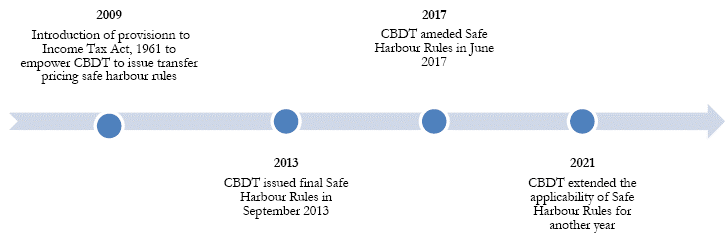Centre Plans Revision of Safe Harbour Clause
Centre Plans Revision of Safe Harbour Clause
Why in the News ?
The Centre is considering revising the safe harbour provision under Section 79 of the IT Act, aiming to make intermediary platforms more accountable for fake news. This move follows recent YouTube takedowns and is part of wider regulatory efforts.
About Government’s Concern Over Fake News :
- The Ministry of Information and Broadcasting (I&B) plans to revise guidelines for intermediaries to combat fake news.
- This comes after the Pahalgam terror attack, where several YouTube channels (including Indian ones) were blocked for misinformation.
- The Parliamentary Standing Committee on Communication & IT, headed by Nishikant Dubey, is reviewing the issue.
- Platforms may soon be required to proactively remove fake content on their own.
Safe Harbour Clause Under Scrutiny
- Section 79 of the IT Act, 2000 offers a safe harbour to intermediary platforms, shielding them from liability for user-generated content, provided they follow government rules.
- The government argues that platforms must be made more accountable while still respecting freedom of speech.
- Minister Ashwini Vaishnaw, on National Press Day (Nov 2024), emphasized the need to revisit these protections.
- The current approach leans toward self-regulation, avoiding a new law for now.
Legal and Regulatory Developments
- The Centre is pushing to give statutory backing to the PIB’s Fact Check Unit, as part of IT Rules 2021 amendments.
- A Bombay High Court judgment struck down this unit’s authority to strip safe harbour protections.
- The Ministry of Electronics and IT plans to challenge this verdict by filing a Special Leave Petition (SLP) in the Supreme Court.
Understanding Safe Harbour Clause:●Legal protection for online platforms (intermediaries). About Section 79 of the Information Technology Act, 2000:●Grants “safe harbour” to intermediaries. Intermediary Guidelines: ●Rules set by the government for digital platforms. Information Technology (IT) Rules, 2021: ●Strengthened regulations for digital intermediaries. Fact Check Unit (FCU) – PIB: ● A government-run fact-check wing under PIB. User-Generated Content: ●Any online content created by users (not platforms). Freedom of Speech and Expression – Article 19(1)(a): ● Fundamental Right under Indian Constitution. |




